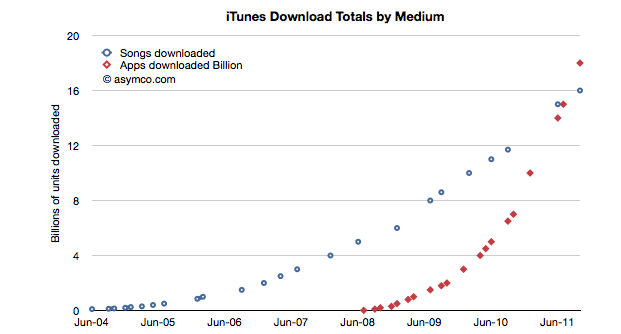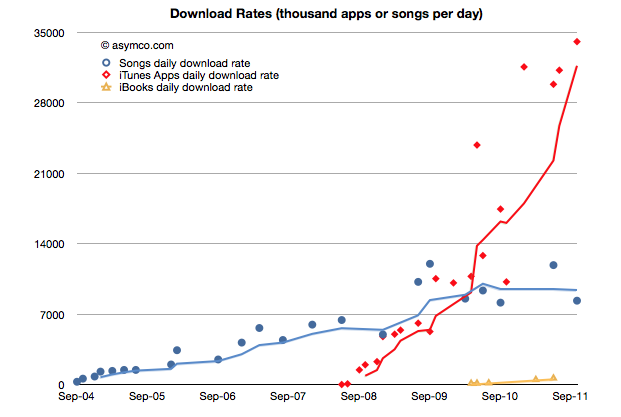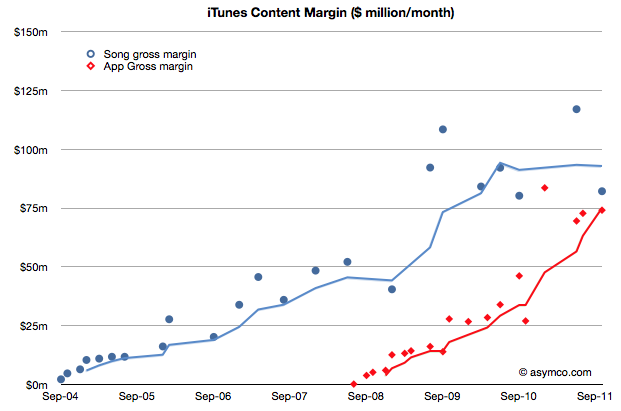- Steve Jobs did not create products. He created an organization that predictably and reliably created emotionally resonant products.
- Steve Jobs did not make movies. He made a company that predictably and reliably made blockbusters.
- Steve Jobs did not wrest market share from competitors. He created new markets that attracted and sustained competitors.
- Steve Jobs did not design anything. He gave others the freedom to think about what jobs products are hired to do.
- Steve Jobs did not re-engineer processes. He brought engineering processes to works of creativity and the creative process to engineering.
- Steve Jobs did not develop new management theories. He showed by example that innovation can be managed.
- Steve Jobs was not a visionary. He put the dots together and saw where they led.
- Steve Jobs was not a futurist. He just built the future one piece at a time.
- Steve Jobs did not distort reality. He spoke what he believed would become reality at a time when those beliefs seemed far fetched.
- Steve Jobs was not charismatic. He spoke from the heart compelling others to follow him.
- Steve Jobs was not a gifted orator. He spoke plainly.
- Steve Jobs was not a magician. He practiced, a lot.
He had taste.
He was curious.
He was patient.
He was foolish.
He was hungry.
These things many others can do. Maybe you can.



